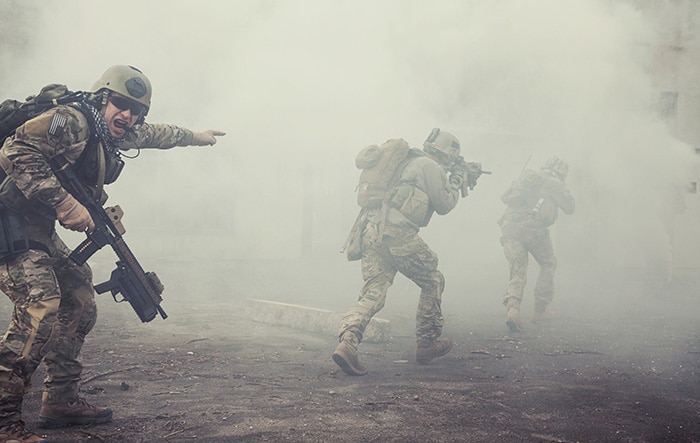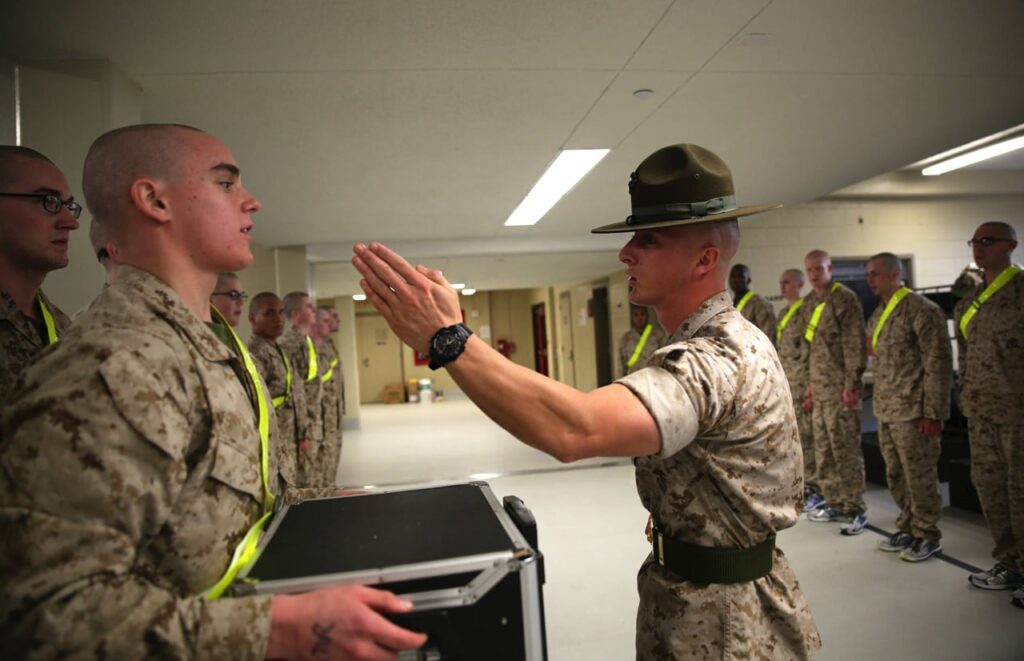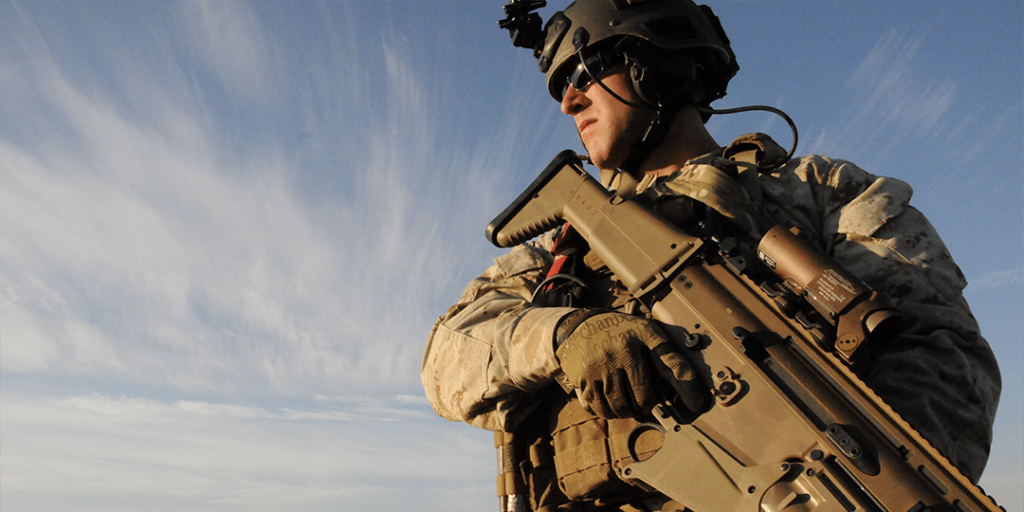
- The App
- Sandboxx News
- Resources
Learn
- Company
About
Become a Partner
Support
- The App
- Sandboxx News
- Resources
Learn
- Company
About
Become a Partner
Support
Are you considering storing your car while on a military deployment? If you’re single or a geo bachelor service member, deployment car storage is one...
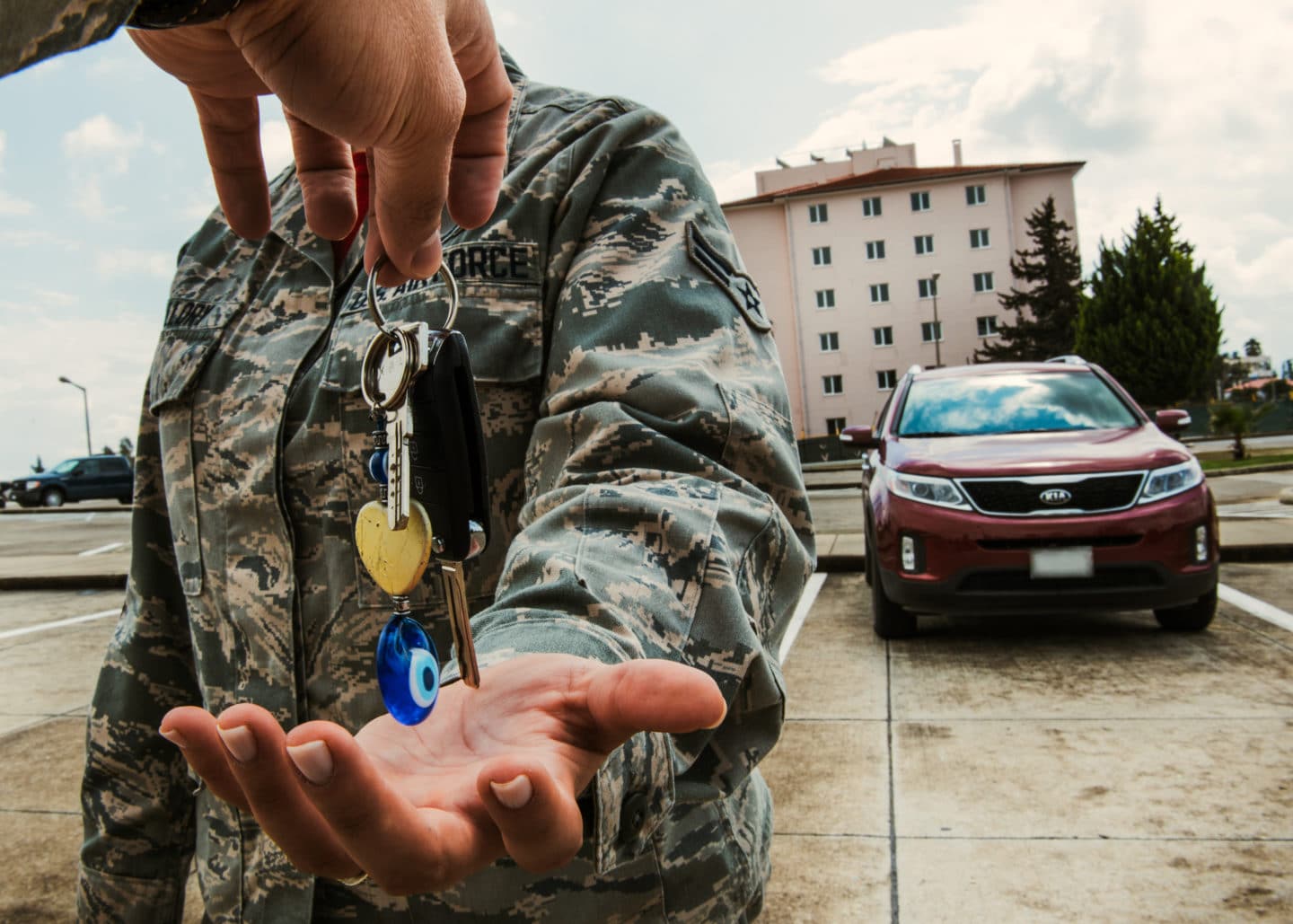
Are you considering storing your car while on a military deployment?
If you’re single or a geo bachelor service member, deployment car storage is one item you’ll want to put at the top of your military deployment checklist every time.
It’s a smart move for more than one reason.
Not only does proper car storage give you peace of mind, but it makes it more likely that your car will still be in good running order by the time you get back.
Preparing your car before your military deployment isn’t a task you want to leave for the last minute. It’s a process that takes some thoughtful decision, inquiring, and scheduling to get done on time.
Below we give you deployment car storage ideas and how to prep your car to make the pre-deployment process easier.
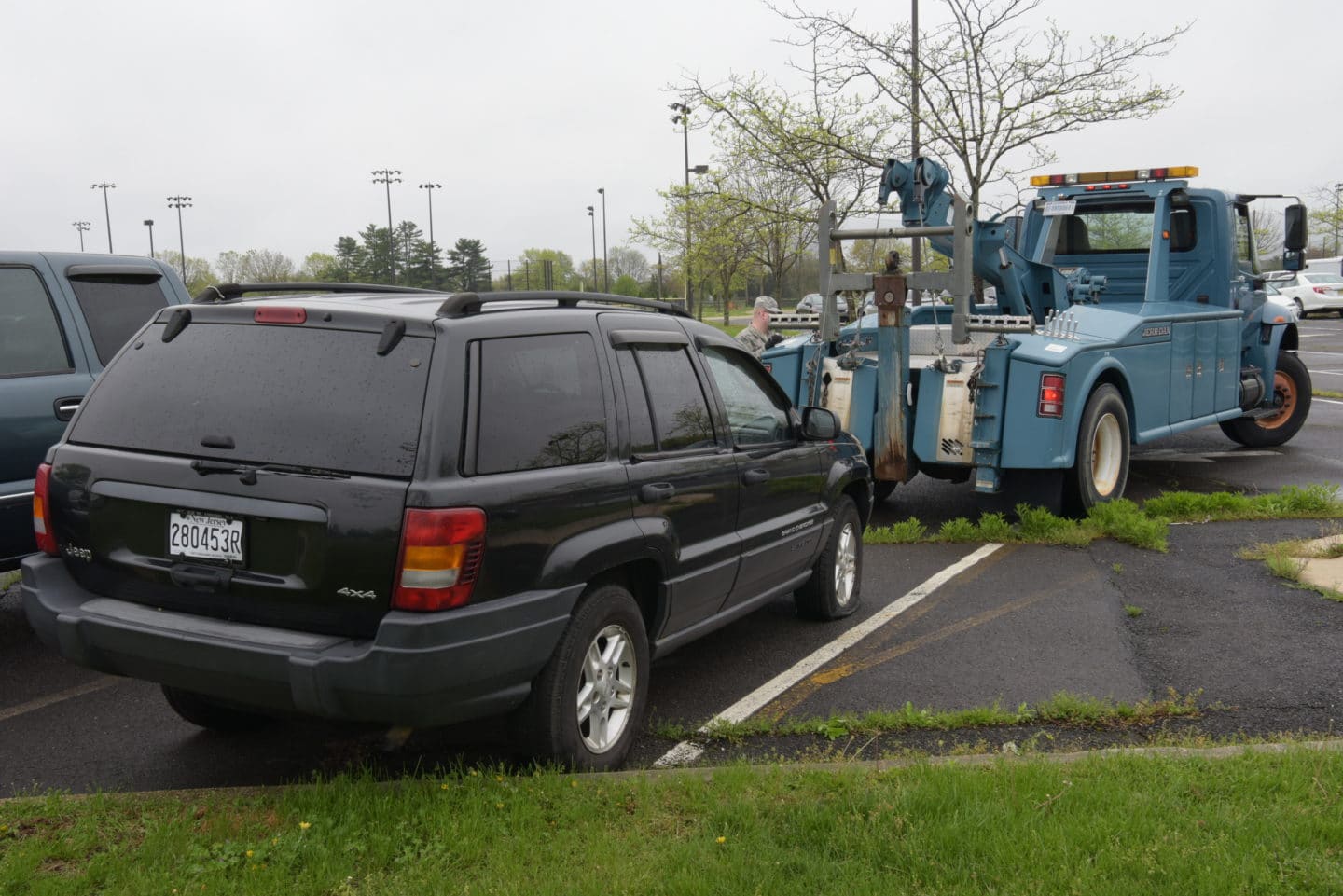
Since you already know military deployments are a fact of life, it’s wise to consider how you’ll need to prepare when deployment orders come in. If you’re a geo bachelor or single service member, you may have some additional steps — like figuring out what to do with your car — while you’re deployed.
Local storage sites can fill up fast, especially if you’re stationed at a large base. This is just one of the reasons you’ll want to think ahead about deployment car storage.
A few reasons you’ll want to properly store your car:
Questions to ask when deciding what to do with your car:
To keep your car in tip-top shape, it’s a wise overall investment of your money and time to find a safe place for car storage while you’re gone.
If you like your car and can financially afford it while deployed, keep it.
But you’ll need to figure out where to store it first. Your options range from professional storage to leaving it with a trusted person to take care of it while you’re away.
Whatever you decide to do, you’ll first want to consider different storage options depending on the length of your deployment. For shorter deployments (less than three months), you may be able to find someone to keep an eye on your vehicle without having to pay for costly storage.
Here’s a look at some of the car deployment storage options:

Since you probably live far from your hometown, it’s likely you don’t have any close relatives nearby. If you have trustworthy friends in the area, check with them first to see if you can store your car at their place. If you plan to keep your residence while you’re gone, opt to have them stop by to check on it and drive it around once in a while.
Pros
Cons
If you’re lucky enough to have family near your base, see if they’d be willing to help you while you’re away. While you’re gone, set a reminder to check in with them once a month to ask about the condition of the car.
Pros
Cons

For single service members, storing your car on base is the easiest option. You’ll be able to keep your car right up until a day or two before deployment. Plus, you’ll have immediate access to it upon your arrival back from deployment. Each base usually has a designated deployment lot, so make sure you park in the right one to avoid getting towed.
Pros
Cons
Fee: Varies depending on your base. Some are free and some start as low as $45 per month.
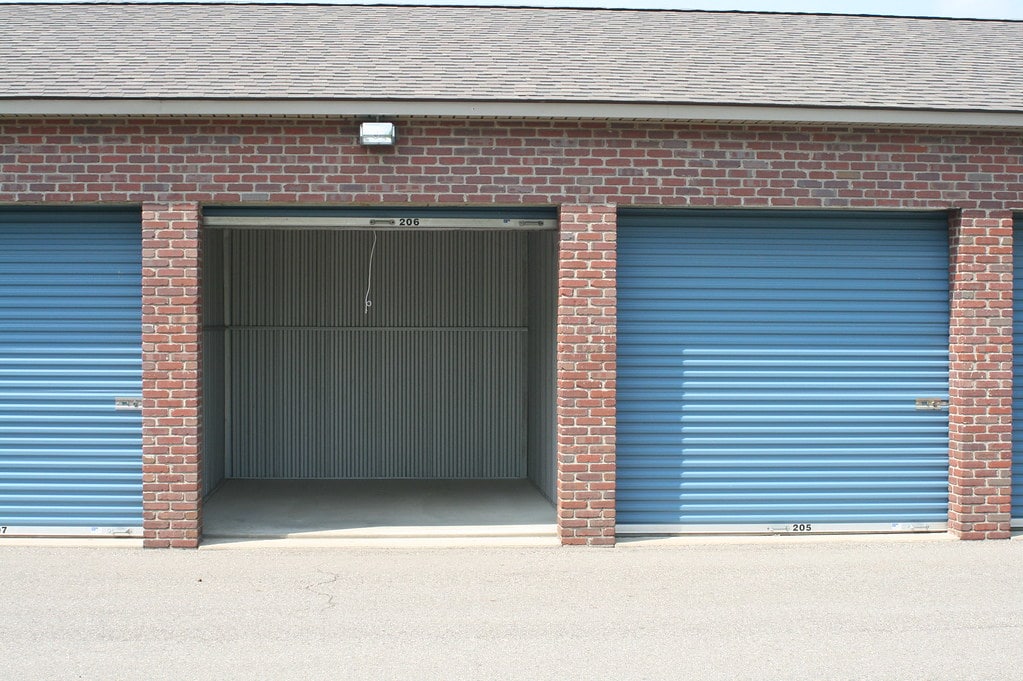
With specialty car storage, you’ll know your car is stowed away safely if you pick a reputable business. This can sometimes be worth the price just for the peace of mind you’ll have by not worrying about your car. Most places have a few options including parking spots, covered parking, and an actual storage unit.
Upon pickup, you’ll have to prove that you are who you say you are when you collect your car. Bring your ID and any paper contracts you signed. It’s better to have the hard copy on hand in case the car storage computer system is down at pick-up time.
For storage units, keep the following information in mind:
Compact cars can generally fit in traditional storage spaces that are about 15 feet deep or more with a garage-style door. Full-sized vehicles will need at least a 20 feet deep storage unit to fit comfortably.
Pros
Cons
Fee: Depends on your region and area availability
Most Affordable Option: If you’ll be gone for less than three months and the weather will be warm, you can easily keep your car outside with a car cover. This is the cheapest option, especially if you can keep it on a friend or relative’s property.
Of course, storing your car is not your only option. If you don’t want to mess with the hassle of figuring out where to put your car while you’re away, you do have a couple of other choices.
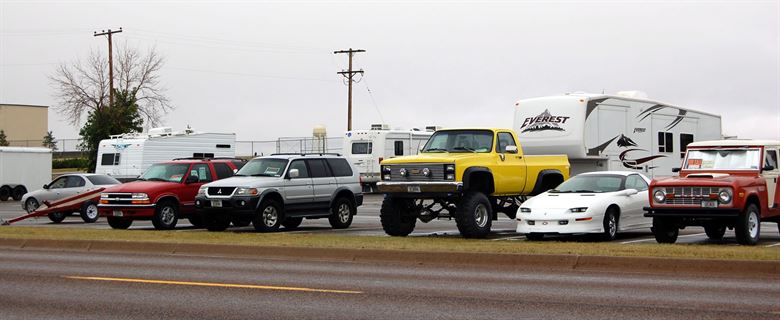
If you’ve been thinking about buying a new car anyway, save the car shopping for when you get back from your deployment. It will also give you money in your pocket to prepare for other pre-deployment needs.
Wondering where to sell your car? A few options:
Before selling, check out sites like Edmunds.com, Kelley Blue Book, and the National Automobile Dealers Association to make sure you get a fair price for your vehicle make and model.
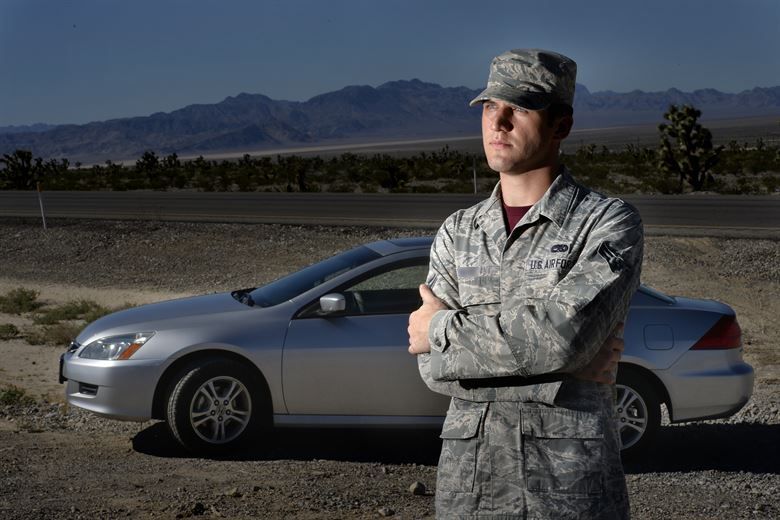
If you prefer just to get rid of your car, consider donating it. Some charities will pick it up even if it’s not running! One option to consider is Vehicles for Veterans, an organization that offers free pick-up and towing of your car. Best of all, the proceeds from your donation go toward disabled vet programs.
When donating your car, avoid scams by:
If you’d like to give to a certain charity but don’t want to deal with the donation process, you could always sell your car and then donate the proceeds to charity, too.

If you’re leaving your car behind in storage, there are a few things you need to do to get it ready. By taking care of these little (if not annoying) details now, you save yourself the headache of dealing with a potential mess when you come back.
Consider this your handy military deployment checklist for your automobile:
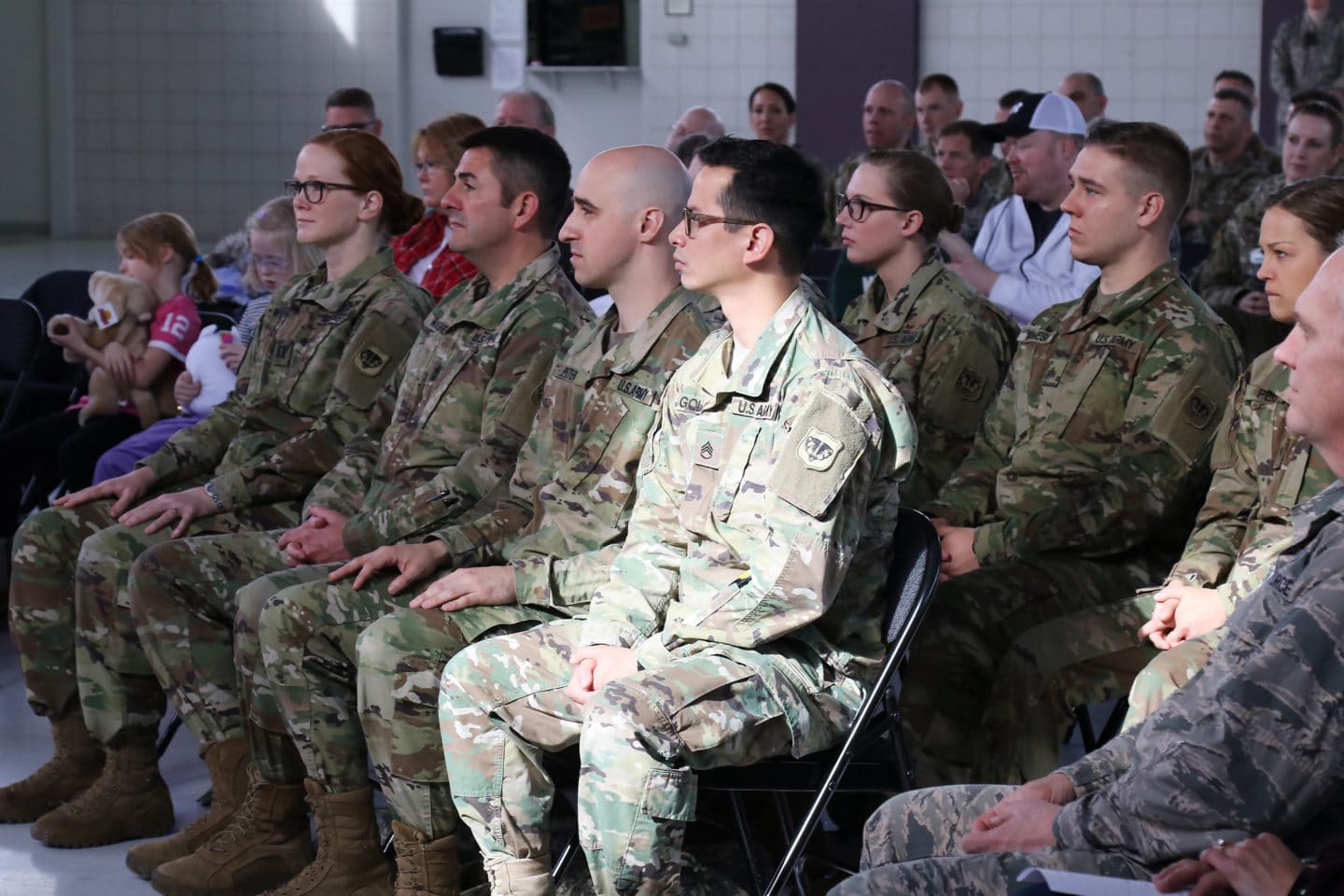
As you can tell by the length of this post, it takes a lot of preparation to get ready for military deployments.
And this is just the car prepping side of it!
Not only will you have physical aspects of your life to prepare, but you’ll also need to focus on the emotional aspect of it, too. It may seem overwhelming at first, but you have resources around to help out.
Attending pre-deployment briefings can be helpful and get you the information you need to properly prepare based on your command’s requirements. Be sure to ask senior leadership or fellow service members their best advice on deployment preparation, too.
If you live with roommates or family members, explaining the process to them can also be helpful in alleviating extra stress around military deployment prep.
Most importantly, planning well in advance and being proactive prior to getting deployment orders can make the preparation process a whole lot smoother. The time you spend now creating a pre-deployment plan will help you save time when those inevitable orders arrive.
When you are deployed thousands of miles away from your home base, knowing you did everything you could to prepare for extended time away will give you peace of mind so you can focus on the mission at hand.
What questions do you have about military deployments? Let us know in the comments below!
Feature image courtesy of Airman 1st Class Cory W. Bush, U.S. Air Force


